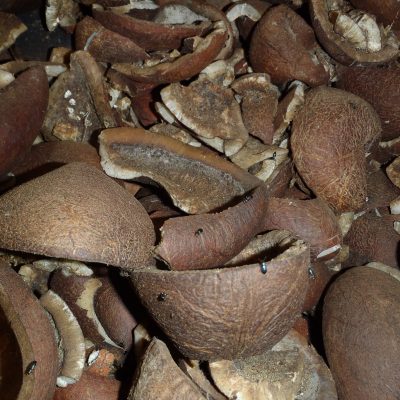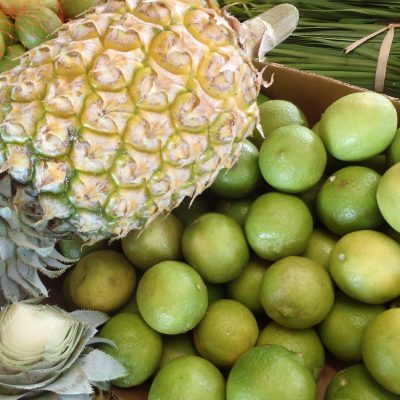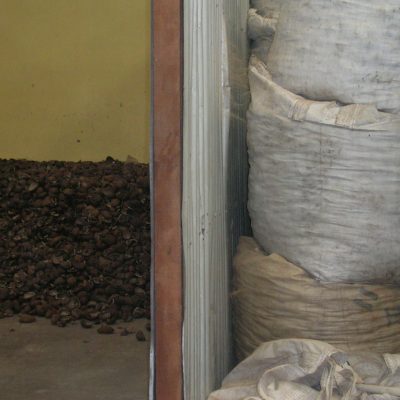
INVESTIGATION OF DIAGNOSTIC REQUIREMENTS TO SERVICE VARIOUS VALUE-ADDED INDUSTRIES
Preliminary market access priorities were identified by the Vanuatu Market Access Working Group in February 2011 and included in the Pacific Horticultural and Agricultural Market Access Program (PHAMA) 3-Month Strategic Plan for April to June 2011. This report covers one of the two priorities included for Vanuatu – investigation of diagnostic requirements to service various value-added industries. The value-added industries included in the terms of reference for this study were cocoa, copra meal, virgin coconut oil, kava, vanilla and small quantities of other spices. During




